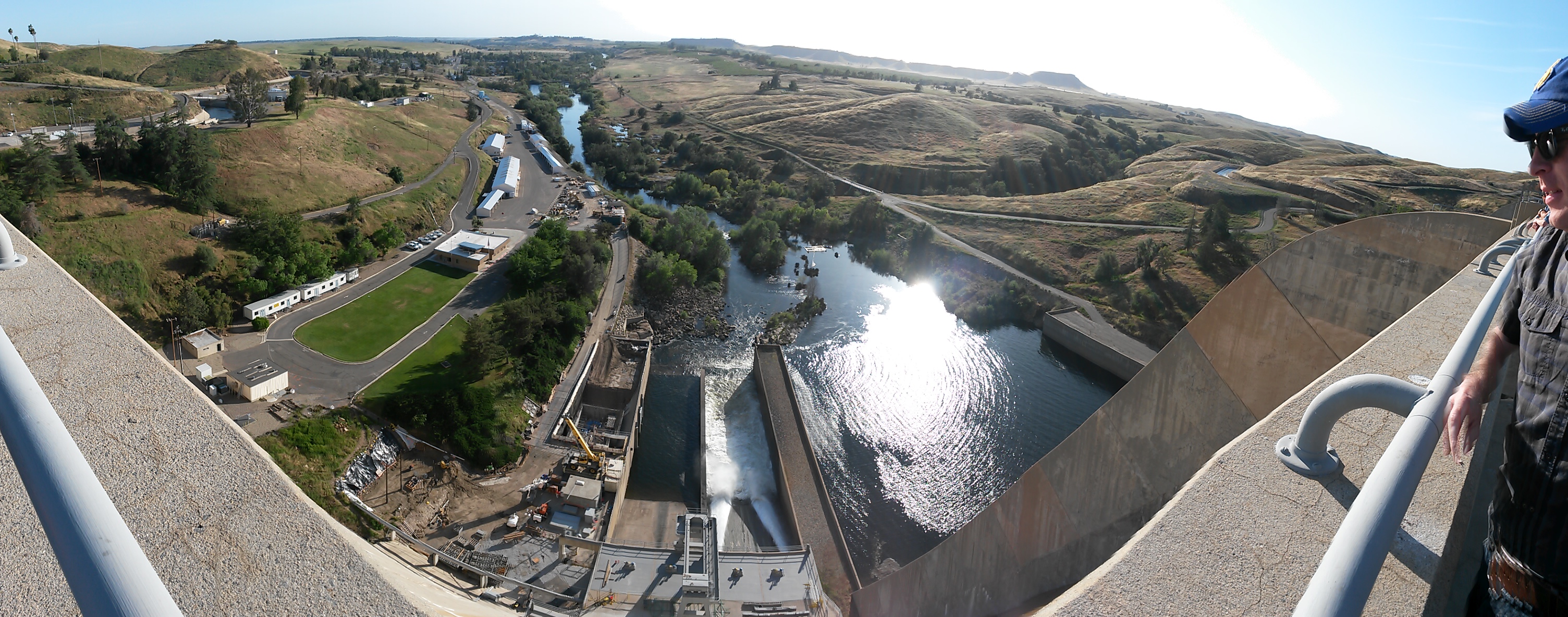
| San Joaquin River Restoration Program Postpones Restart of Restoration Flows
This notice serves to inform the public that the Restoration Administrator, a court-appointed position selected by the Friant Defendants and Plaintiffs in the Settlement, has postponed the resumption of Restoration Flows. Restoration Flows will resume no earlier than October 1. Restoration Flows were ceased on June 3, resulting in releases from Friant Dam being reduced to 250-280 cfs. Friant Dam releases since June 3 are intended to meet various holding contracts upstream of Gravelly Ford. Flows at Gravelly Ford were reduced to approximately 5 cfs with many points downstream also dry or nearly dry. The decision to stop Restoration Flows was made in response to the drought conditions, which allocated only 70,919 acre-feet for Restoration Program purposes, combined with the need to conserve the volume of cold water in Millerton Lake. Beginning in mid-September, spring-run Chinook salmon begin creating redds in the San Joaquin River channel bed below Friant Dam. The incubation of salmon eggs in these redds continues through the autumn and early winter. This stage of the salmon lifecycle requires relatively cold water. Calculations by the Restoration Program indicated that delaying flow increases at Friant Dam would result in colder temperatures across the entirety of the incubation period, thereby improving juvenile salmon survival. The Restoration Flow schedule has now been changed to the following:
For Information about Restoration Flows, please visit https://www.restoresjr.net/restoration-goal/restoration-flows/. For the Restoration Administrator recommendations, please visit https://www.restoresjr.net/documentsreports/ra-recommendations/ For additional information about the San Joaquin River Restoration Program, please visit https://www.restoresjr.net or contact Josh Newcom, Public Affairs Specialist, at 916-978-5508 or snewcom@usbr.gov. |

